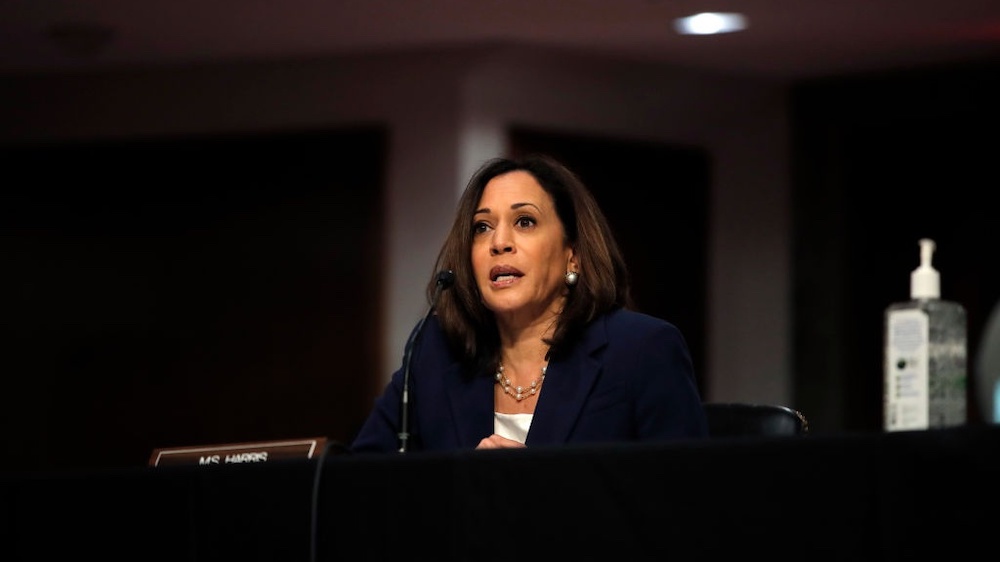If you’re interested in sharing your opinion on any cultural, political or personal topic, create an account here and check out our how-to post to learn more.
____
In my profession, leading diversity and inclusion, we talk about intersectionality and the cross-section of race and gender issues. Intersectionality accounts for the challenges that underrepresented groups face in the workplace (and other spheres of life), while also considering the added challenges for those with multiple identities on the margins. These "margins" could be sexual identity, race, gender, ability status, socioeconomic status and the list goes on. Therefore, appreciating intersectionality is understanding the compounding effects of diverse identities. Sen. Kamala Harris, among other things, has an identity that traverses across race and gender.
Being female and Black in the workplace presents a unique set of challenges. Countless studies confirm that Black women face bigger hurdles for promotions, are evaluated more critically and report higher instances of bias in professional settings. In light of these odds, Black women should be commended for their Herculean effort to rise above workplace obstacles and strive for success. They should be lauded for staring adversity in the face and continuing to achieve. Instead, sadly, Black women are coached to tone it down at work or, worse, are labeled "too ambitious."
We are familiar with the microaggressions that Black women face at work, such as, feeling the need to adjust their hair, wardrobe and speech to fit into a workplace. Walking the tightrope as a Black woman in the workplace means being assertive, but not so assertive that people ascribe negative stereotypes to you. It means being astute, but not so astute that people say you’re a know-it-all. It's being a self-starter, but not too much of a self-starter that people say you’re not a team player. This leads to a form of mental Olympics, where Black women are making calculated decisions daily to navigate workplace politics. Global think tank Catalyst described this phenomenon as the Emotional Tax, and it is yet another impediment to success that Black women must overcome.
I wonder why these generalizations about Black women exist. Perhaps people's own limiting beliefs regulate Black women to a lower place in their contrived vision of a leadership hierarchy. Or maybe there is an invisible box of possibility within which that Black women are expected to contain themselves. Regardless, one thing is clear: the belief in the "strong Black woman" archetype is alive, albeit flawed and unattainable. Black women are expected to be resilient against all odds and despite all manner of transgressions doled out. This ideal is not only unrealistic, it's also problematic. To suggest that Black women are unbreakable and should overcome all the aforementioned challenges without striving for career advancement is oppressive. Not only that, it's another egregious microaggression.
Instead of dimming our lights to be "less ambitious," I think we should subscribe to the advice Sen. Harris recently gave at the Black Women Lead 2020 conference. She said, "There will be a resistance to your ambition, there will be people who say to you, 'you are out of your lane.' They are burdened by only having the capacity to see what has always been instead of what can be. But don't you let that burden you."
Don't let it burden you, sis. Keep striving.
____
Desiree S. Coleman strives to advance equity and empower women through speaking, writing and consulting. Connect with her on social media: @desireescoleman
